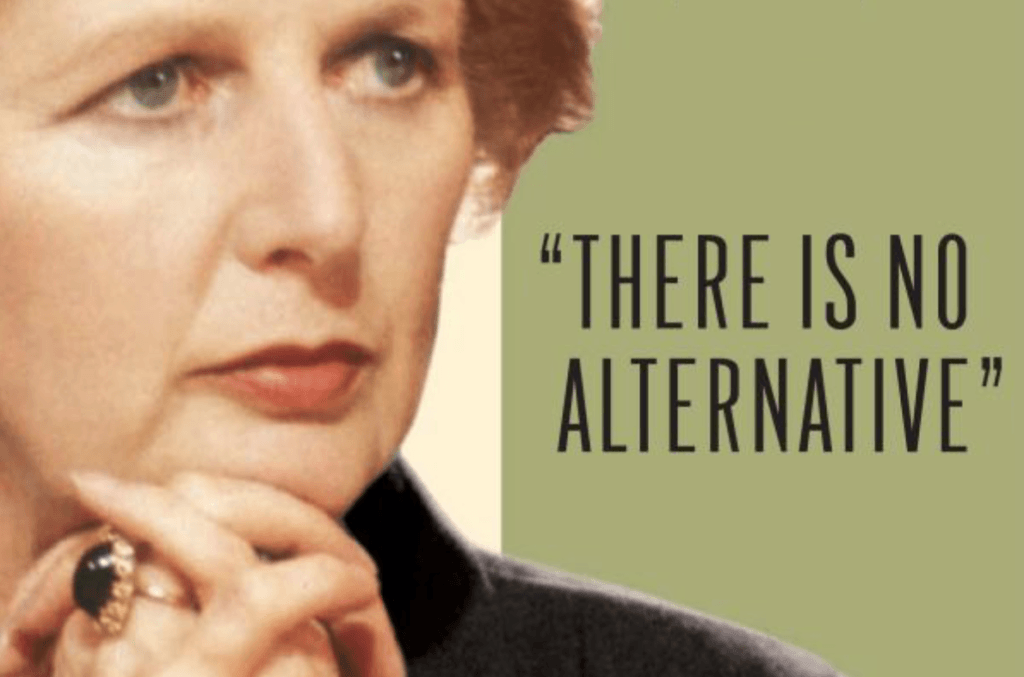
So Oxford Dictionaries have recently declared the Word of the Year to be ‘post-truth’, which is actually two words but I can understand why they have overlooked this minor detail in order to effectively capture the zeitgeist of the age. The phrase has certainly been all the rage this year. It has been defined as:
“Relating to or denoting circumstances in which objective facts are less influential in shaping public opinion than appeals to emotion and personal belief.”
I would just like to ask when, exactly, we collectively arrived at the Truth, because I must have missed the announcement. I thought that there were still profound debates to be had concerning the type of society that we want to live in—debates about the significance of categories like class, race, and religion, about tax rates and welfare funding, about democracy and social mobility, to name just a few. Well, it looks like these issues are settled and we can just sit back and leave it all to the administrators because the status quo is A-OK.
Those typically assumed to be led by emotion as opposed to objective facts are the apparent “low information” voters (another firm 2016 favourite) who chose to leave the European Union in the UK, or who voted for Donald Trump in the US elections. They are often referred to as the ‘left-behind’ to signify their lack of ability to adapt to a globalised economic and political world. Isn’t it just a little bit suspect that those we accuse of rejecting the Truth are the same people who gain the least from the current state of things? It seems to me that ‘post-truth’, then, is a term attached to any social group whose circumstances and motivations are not understood by the political class.
This is just the newest variety of that age-old political tactic of declaring your own side to be the omniscient protectors of the Truth. A tactic which has been used time and again throughout history for the purposes of crushing dissent. It is depressing to see those on the left, particularly the so-called radicals, forgetting their origins and joining forces with the establishment in a concerted effort to deny and deride the voices of great masses of people. Especially when the establishment they defend is a pro-capitalist, democracy-denouncing institution like the European Union.
In any case, it is a severe misunderstanding of both politics and democracy to declare an age of post-truth politics. In fact, the whole concept is a fundamental contradiction in terms. There can be no Truth in politics because, if we ever discover it, politics will become redundant. Politics is necessary for society to negotiate and compromise on the disagreements that communal living necessarily involves. In terms of the European Union, for example, the most common reasons people cited for voting to leave included sovereignty and immigration. However you feel about these issues, it is difficult to see how anyone could be denying or affirming the essential Truth of their widely contested natures. Whether we should leave or remain in the European Union was a political question, and while objective facts should inform the debate, they cannot provide the answer.
It is in the area of economics, however, that the experts weighed in so strongly and where leave voters are assumed to have so completely rejected the Truth. The experts (read: philosopher kings) spoke down from on high about the cataclysmic economic repercussions of a vote to leave the European Union. Economics is typically seen as a science with a clear right and wrong answer and it is in this context that it might seem easier to understand the case for Truth in economic questions than it does in political questions. However the political and the economic can not be so easily separated. This is because economic questions are, in the end, political questions. Economic decisions have huge ramifications for society as a whole and so it is vitally important that these decisions are contestable and not seen as the natural order of life.
In fact, this process of depoliticising the economy has a long history in the global facilitation of market capitalism. From international development aid to the recent bailout of Greek banks, important economic decisions with wide reaching consequences have been made outside of the political realm and treated merely as a matter of technocratic management. The implication is that the big questions have all been answered or, as Margaret Thatcher famously put it: There is no alternative. How bizarre that today it is the left who seem to be flying the Thatcherite flag the highest. I suppose we’re all neoliberals now.
Filed under: Politics

Comments